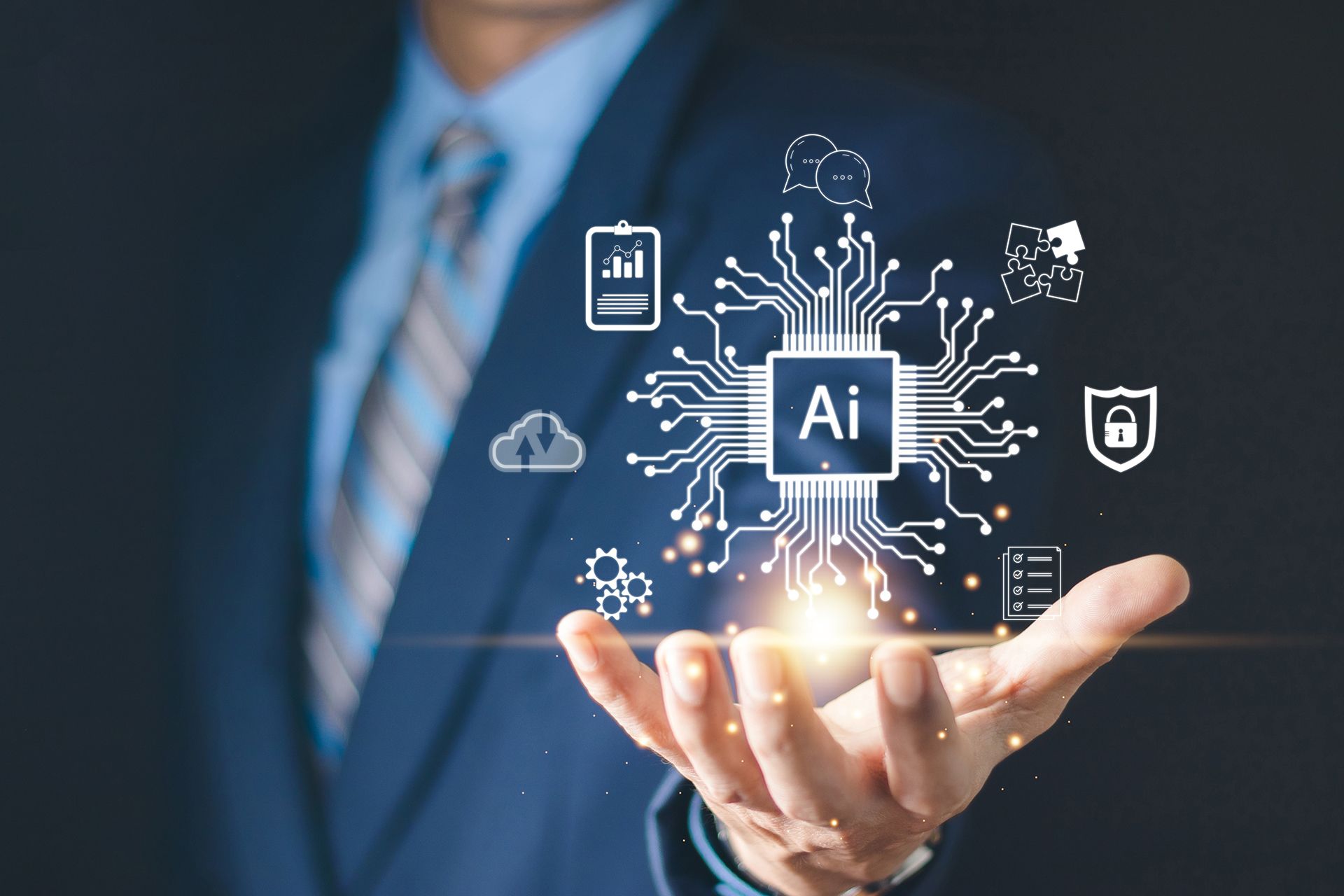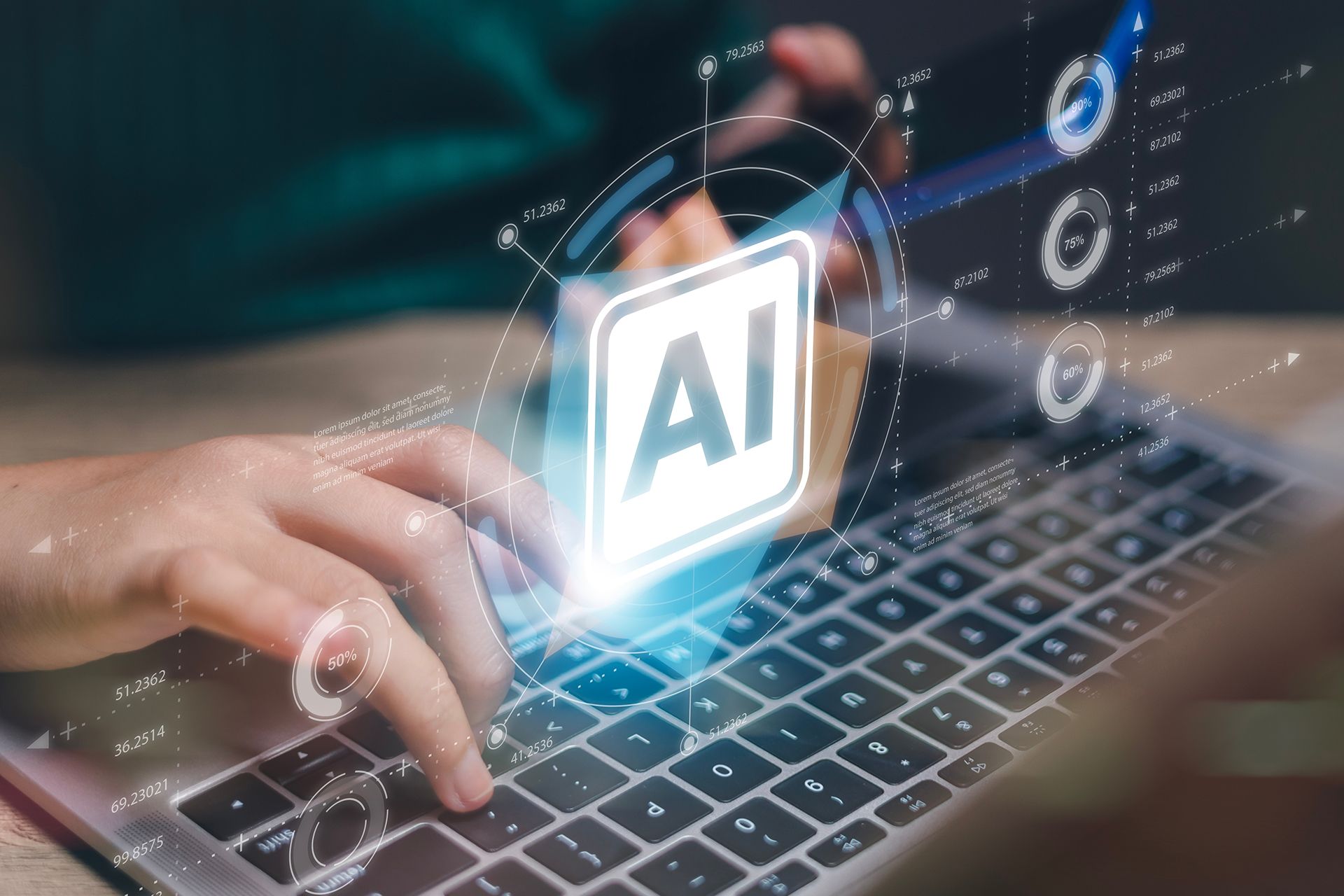Navigating the AI Revolution: Insights and Recommendations for Professionals

Artificial intelligence (AI) is revolutionizing the business and technology landscapes, raising significant questions about its impact on careers. As a technology expert and consultant, I have observed AI's profound influence on various industries. In this blog, I will explore AI's implications for job opportunities, examine its potential benefits and challenges, and offer recommendations on how to navigate this evolving landscape.
The Emergence and Implications of AI
AI has become integral to our lives, from chatbots like ChatGPT to advanced tools such as Copilot. While AI's capabilities are widely recognized, its implications for our professional lives remain controversial. Understanding AI's impact on job opportunities is crucial for professionals seeking to adapt and thrive in this new environment.
Historically, technological advancements have sparked fears about job displacement. In the 1980s, the advent of robotics in manufacturing led to concerns about job loss. Similar worries have resurfaced with the rise of AI, especially given its potential to automate tasks traditionally performed by humans. However, understanding AI's impact requires a nuanced perspective.
The Impact on Blue Collar and White Collar Jobs
The initial wave of automation primarily affected blue-collar jobs, particularly in manufacturing and manual labor. Robotics and automation streamlined processes on the shop floor, leading to fears of widespread job loss. However, AI's influence extends beyond blue-collar jobs, posing significant implications for white-collar roles.
AI has the potential to automate many tasks currently performed by office workers, including data analysis, report generation, and routine decision-making. For instance, AI can assist in writing reports, generating creative ideas, and automating data manipulation. This shift suggests that white-collar workers will likely experience significant changes in their job functions due to AI.
Embracing AI as an Opportunity
Despite the concerns, AI also presents substantial opportunities for career enhancement. By automating routine tasks, AI allows professionals to focus on higher-value work that requires human creativity, strategic thinking, and emotional intelligence. This transition can lead to more fulfilling and impactful roles.
For example, AI can streamline data collection and analysis in the finance and accounting sectors, enabling professionals to concentrate on strategic decision-making and financial planning. Similarly, AI can predict trends and optimize inventory management in demand planning, freeing up human resources for more complex problem-solving tasks.
The Convergence of AI and Human Expertise
AI's true potential lies in its ability to augment human capabilities rather than replace them. The convergence of AI and human expertise can lead to superior outcomes by leveraging both strengths. AI excels at processing vast amounts of data quickly and accurately, while humans bring contextual understanding, creativity, and critical thinking.
Consider the example of software development. AI can assist in generating code, automating repetitive tasks, and identifying potential issues. However, human developers are essential for refining and enhancing the code, ensuring it meets business requirements, and providing the context for effective implementation. This collaboration results in more efficient and innovative software solutions.
Historical Perspectives and Future Outlook
Historically, technological advancements have not resulted in mass unemployment but have transformed job roles and created new opportunities. For instance, the advent of computers in the 1960s and 70s led to the emergence of new industries and professions. Similarly, the rise of robotics in the 1980s and 90s revolutionized manufacturing without causing widespread job loss.
AI is likely to follow a similar trajectory. While it will undoubtedly disrupt certain job functions, it will also create new roles requiring advanced AI management skills, data science, and technology integration. Organizations will need professionals leveraging AI to drive business value and innovation.
Preparing for the AI-Driven Future
Professionals must embrace continuous learning and skill development to thrive in an AI-driven world. Understanding AI and its applications, gaining proficiency in data science, and developing a strategic mindset are crucial for staying relevant in the evolving job market. Embracing AI as a tool to enhance productivity and innovation will open up new avenues for career growth.
Professionals should also focus on developing soft skills such as critical thinking, creativity, emotional intelligence, and adaptability. These skills are uniquely human and cannot be easily replicated by AI. By combining technical expertise with these soft skills, individuals can position themselves as invaluable assets in the workforce.
Conclusion
AI is transforming the business and technology landscape, presenting challenges and opportunities for professionals. While concerns about job displacement are valid, AI can elevate careers by automating routine tasks and enabling professionals to focus on higher-value work. The key to navigating this transition lies in embracing AI as a collaborative tool and continuously developing skills that complement and enhance AI capabilities.
As history has shown, technological advancements often lead to the creation of new roles and industries. By staying informed, adaptable, and proactive, professionals can harness the power of AI to drive innovation, enhance productivity, and achieve long-term career success. The future of work with AI is not about competition but collaboration, where human ingenuity and AI's capabilities converge to create a more dynamic and efficient workforce.
Feel free to reach out if you have any questions or would like to discuss how AI can impact your career or organization. Let's embrace this transformative technology and unlock its full potential together.
Disclaimer: The information on this website and blog is for general informational purposes only and is not professional advice. We make no guarantees of accuracy or completeness. We disclaim all liability for errors, omissions, or reliance on this content. Always consult a qualified professional for specific guidance.
Search The Blog
Recent Posts






